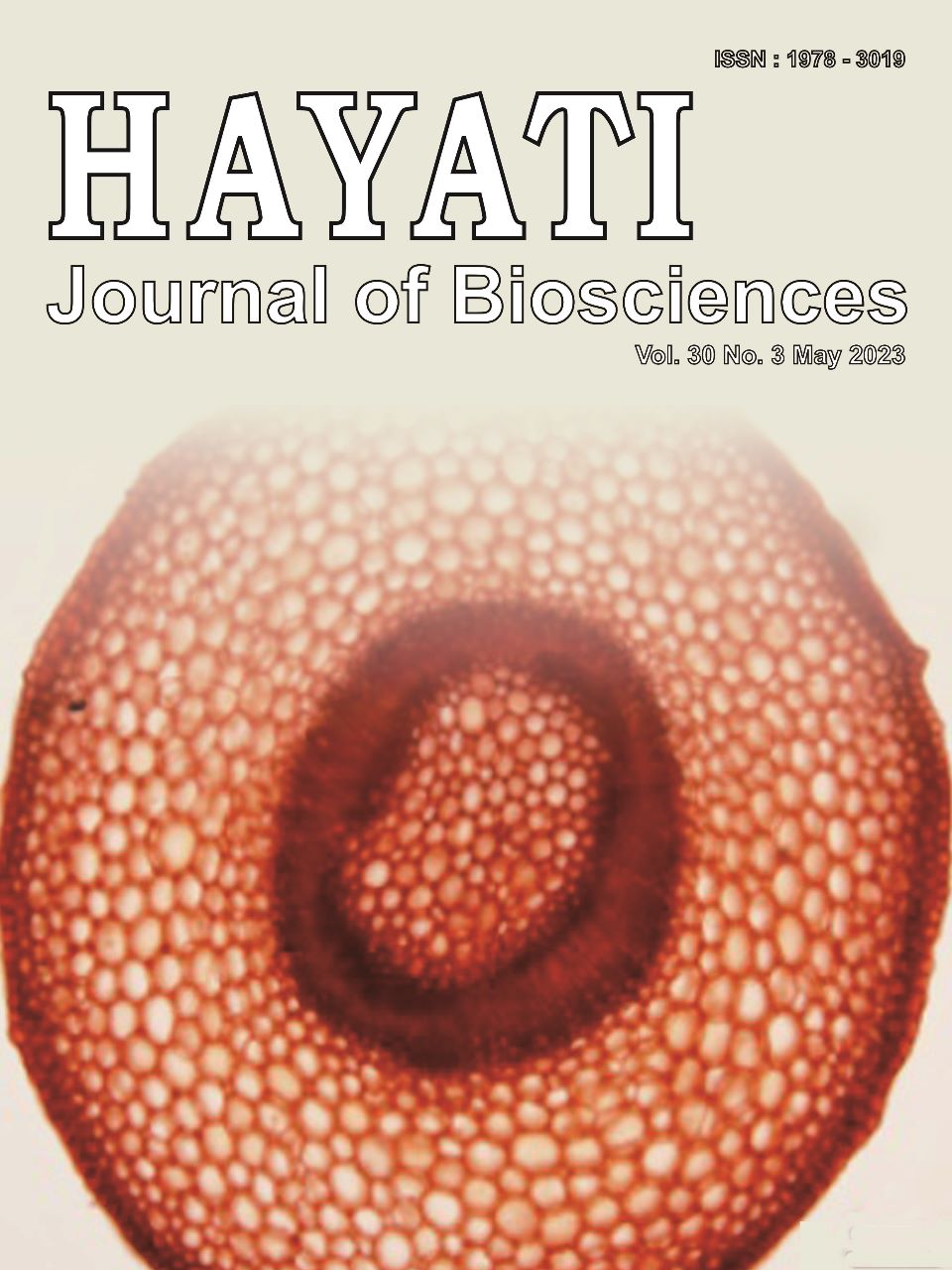Non-contact Electric Field Exposure Provides Potential Cancer Therapy through p53-Independent Proliferation Arrest and Intrinsic Pathway Apoptosis Induction in MG-63 Cell Lines
Abstract
Osteosarcoma is a highly malignant primary tumor on bone that mainly attacks children and young adolescents. Until now, osteosarcoma therapy still combines some high costs and invasive therapy modalities that may give side effects, such as pain and nausea. Our previous studies suggested that non-contact electric field has anti-proliferative effect on breast cancer cells, in vitro and in vivo. In this study, we were interested studying alternating current electric field effects on osteosarcoma cells progression as well as its potential cytotoxic effects. MG-63 human osteosarcoma cells were cultured and treated with 200 kHz for 6 days. Several genes of interest including p53, p21, MDM2, caspase-3, caspase-8, and caspase-9 were analyzed using real-time qPCR method. Apoptotic index was measured using flow-cytometry assay. Apoptosis was observed through p53-independent p21 pathway (p = 0.011). Cells undergoing apoptosis through internal pathways were shown by the increase of caspase-3 (p = 0.015) and caspase-9 (p = 0.001) levels, but not caspase-8 (p = 0.080). This treatment has successfully reduced the number of living osteosarcoma cells by 14.7% (p = 0.000) and increased cell death up to 4.26% (p = 0.055). Apoptotic index was markedly increased to 16% (p = 0.001). 200 kHz non-contact electric field exposure can disrupt osteosarcoma progression through disruption of normal cell cycle via p53-independent p21 pathway and induction of apoptosis.
Downloads
Copyright (c) 2023 Omat Rachmat Hasbullah, Ilma Fiddiyanti, Dewi Ratih Handayani, Endang Sutedja, Darmadji Ismono, Nucki Nursjamsi Hidajat, Wahyu Widowati, Ervi Afifah, Hanna Sari Widya Kusuma, Rizal Rizal, Firman Alamsyah, Warsito P. Taruno

This work is licensed under a Creative Commons Attribution-NonCommercial 4.0 International License.
HAYATI J Biosci is an open access journal and the article's license is CC-BY-NC. This license lets others distribute, remix, tweak, and build upon author's work, as long as they credit the original creation. Authors retain copyright and grant the journal/publisher non exclusive publishing rights with the work simultaneously licensed under a https://creativecommons.org/


















.png) IPB University
IPB University Department of Biology
Department of Biology The Indonesian Biological Society
The Indonesian Biological Society 

